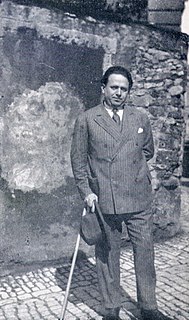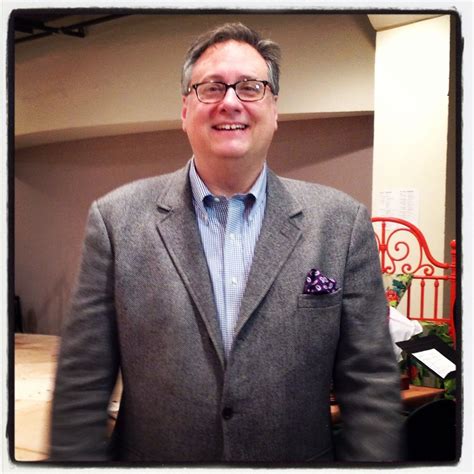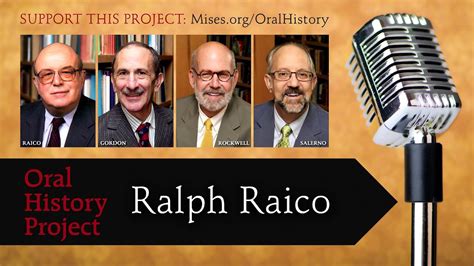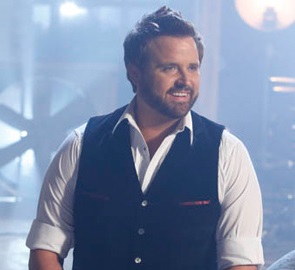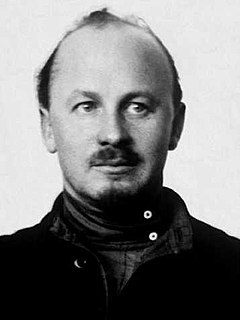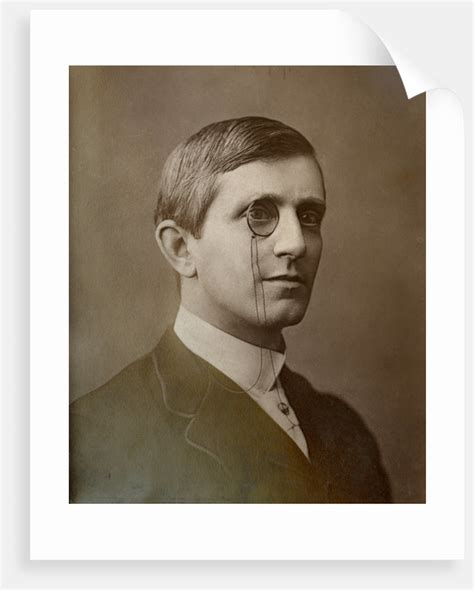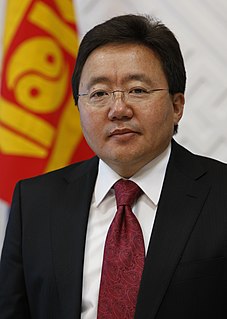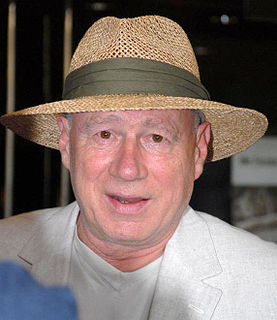A Quote by Kurt Tucholsky
Revolution! The people howls and cries, Freedom, thats what were needing! Weve needed it for centuries, our arteries are bleeding. The stage is shaking, the audience rock. The whole thing is over by nine oclock.
Related Quotes
I did theatre when I was nine, I think. Nine and ten, and that was just the beginning of my whole involvement in acting, my whole interest. I don't really remember it that well. But it was really fun. I mean, it was exciting just to be on stage in front of an audience. It gives you a different kind of rush.
Liberalism is, in fact, the ideology of the capitalist revolution that prodigiously raised the living standards of the mass of people; a doctrine gradually elaborated over several centuries, which offered a new concept of social order, encompassing freedom in the only form suited to the modern world. Step by step, in practice and theory, the various sectors of human activity were withdrawn from the jurisdiction of coercive authority and given over to the voluntary action of self-regulating society.
First time I walked out on the Opry stage, Vince Gill was there. He kind of 'daddied' me through the whole thing. My knees were knocking. I walked out there, and I was literally shaking. They say it's the spirits or the ghosts. And out of respect for that whole establishment, I was really really nervous.
When we filmed the premiere episode of 'United Shades of America,' it was like we were turning over a rock in the woods. The KKK was not part of the national conversation. They were really just a punchline for comedians when you needed to let the audience know something was really, really, really racist.
The cry for freedom is a sign of suppression. It will not cease to ring as long as man feels himself captive. As diverse as the cries for freedom may be, basically they all express one and the same thing: The intolerability of the rigidity of the organism and of the machine-like institutions which create a sharp conflict with the natural feelings for life. Not until there is a social order in which all cries for freedom subside will man have overcome his biological and social crippling, will he have attained genuine freedom.
Some people spend their whole lives looking for themselves, yet our self is the one thing we surely cannot lose (how like a cheap philosopher I am become, staying in this benighted place). From the moment we are conceived it is the pattern in our blood and our bones are printed through with it like sticks of seaside rock. Nora, on the other hand, says that she’s surprised anyone knows who they are, considering that every cell and molecule in our bodies has been replaced many times over since we were born.
Normally classical music is set up so you have professionals on a stage and a bunch of audience - it's us versus them. You spend your entire time as an audience member looking at the back of the conductor so you're already aware of a certain kind of hierarchy when you are there: there are people who can do it, who are on stage, and you aren't on stage so you can't do it. There's also a conductor who is telling the people who are onstage exactly what to do and when to do it and so you know that person is more important than the people on stage.
I got on stage and I went, "Oh wow. No stage fright." I couldn't do public speaking, and I couldn't play the piano in front of people, but I could act. I found that being on stage, I felt, "This is home." I felt an immediate right thing, and the exchange between the audience and the actors on stage was so fulfilling. I just went, "That is the conversation I want to have."
